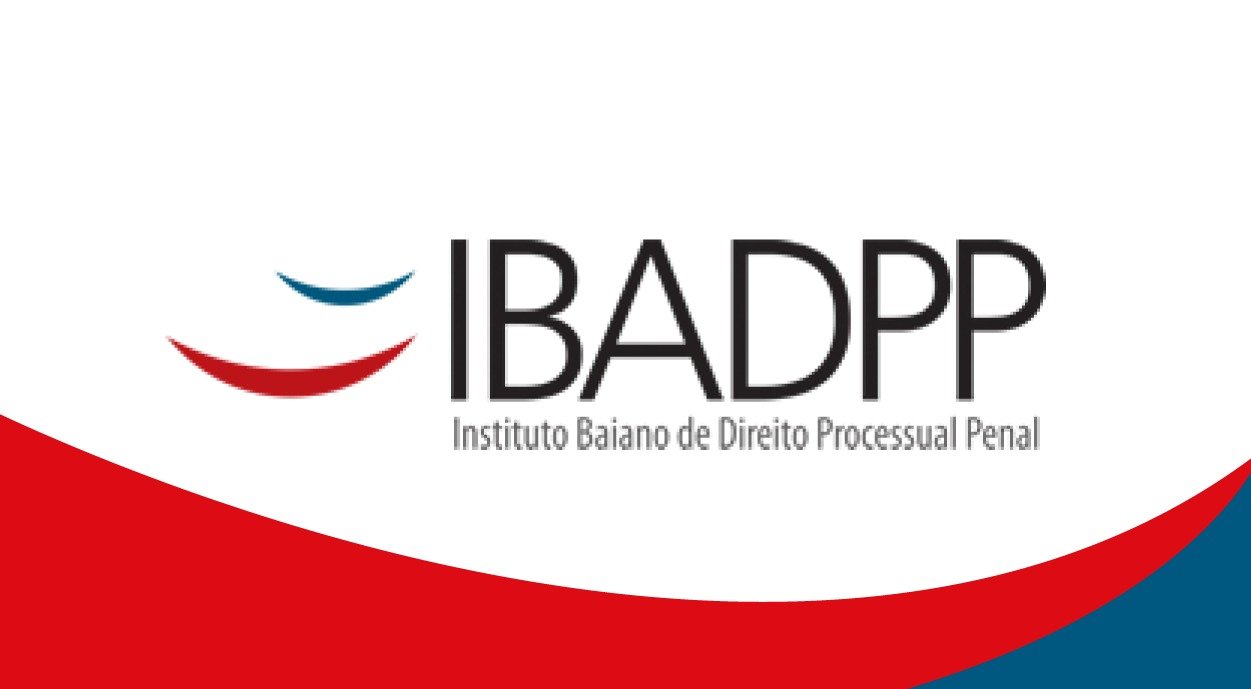Fictio Iuris
In the fabric of democracy, electoral offenses represent a tangle that, when not adequately addressed, can undermine the foundations of citizen participation and the integrity of the electoral process. In this sense, many nations face significant and persistent challenges in this area, ranging from coercion and bribery to the manipulation of electoral results. Therefore, it is crucial to understand the different types of electoral offenses in order to effectively combat them and ensure fair and transparent elections.
The first type of electoral offense that can occur is voter coercion, which is one of the most common offenses, where individuals or groups attempt to influence voters through threats, intimidation, or promises of future benefits, including employers pressuring their workers to community leaders exerting control over certain populations.
The second most prevalent electoral offense is the buying and selling of votes. Vote-buying is an illegal practice that distorts the democratic process and can occur directly, with money or goods exchanged for votes, or more subtly through promises of favors or services in exchange for votes.
Furthermore, there are also behaviors indicative of the misuse of public resources, where public officials use state resources to unlawfully promote a candidate or political party by using public funds to finance political campaigns or using state assets for partisan purposes.
Another frequent electoral offense is electoral fraud, which encompasses a wide range of fraudulent practices aimed at manipulating the results of an election; practices that can range from ballot tampering to the theft or alteration of ballot boxes, and moreover, this offense can be committed by individuals, groups, or even electoral authorities themselves.
In another category of electoral offenses is political violence, which can take various forms, ranging from physical assaults to the murder of candidates or activists. This type of behavior is particularly concerning in Mexico, where intimidation and the use of force to silence political opponents or discourage electoral participation are grave and recurrent practices that ultimately threaten democracy.
Finally, among the most relevant electoral offenses are violations of campaign financing and identity theft and double voting. Regarding the former, irregularities in the financing of political campaigns are also a form of electoral offense, which may include the receipt of illegal donations, concealing campaign expenses, or lack of transparency in financial reports; while regarding the latter offense, identity theft and double voting are fraudulent practices that undermine the integrity of the electoral process and occur when a person votes more than once or when someone impersonates another person to cast an illegal vote.
Combating these electoral offenses requires a comprehensive approach that addresses both prevention and the punishment of those who break the law. It is essential to strengthen institutions responsible for ensuring transparency and impartiality in the electoral process, as well as promote a civic culture that values democratic participation and rejects corrupt practices, as only then can the integrity of Mexican democracy be preserved and ensure that the voices of all citizens are heard in the electoral process.
Imagem Ilustrativa do Post: VERSAILLES_AOUT_2015_0087.JPG // Foto de: domidoba // Sem alterações
Disponível em: https://www.flickr.com/photos/domidoba/20772824069
Licença de uso: http://creativecommons.org/licenses/by/4.0/legalcode





